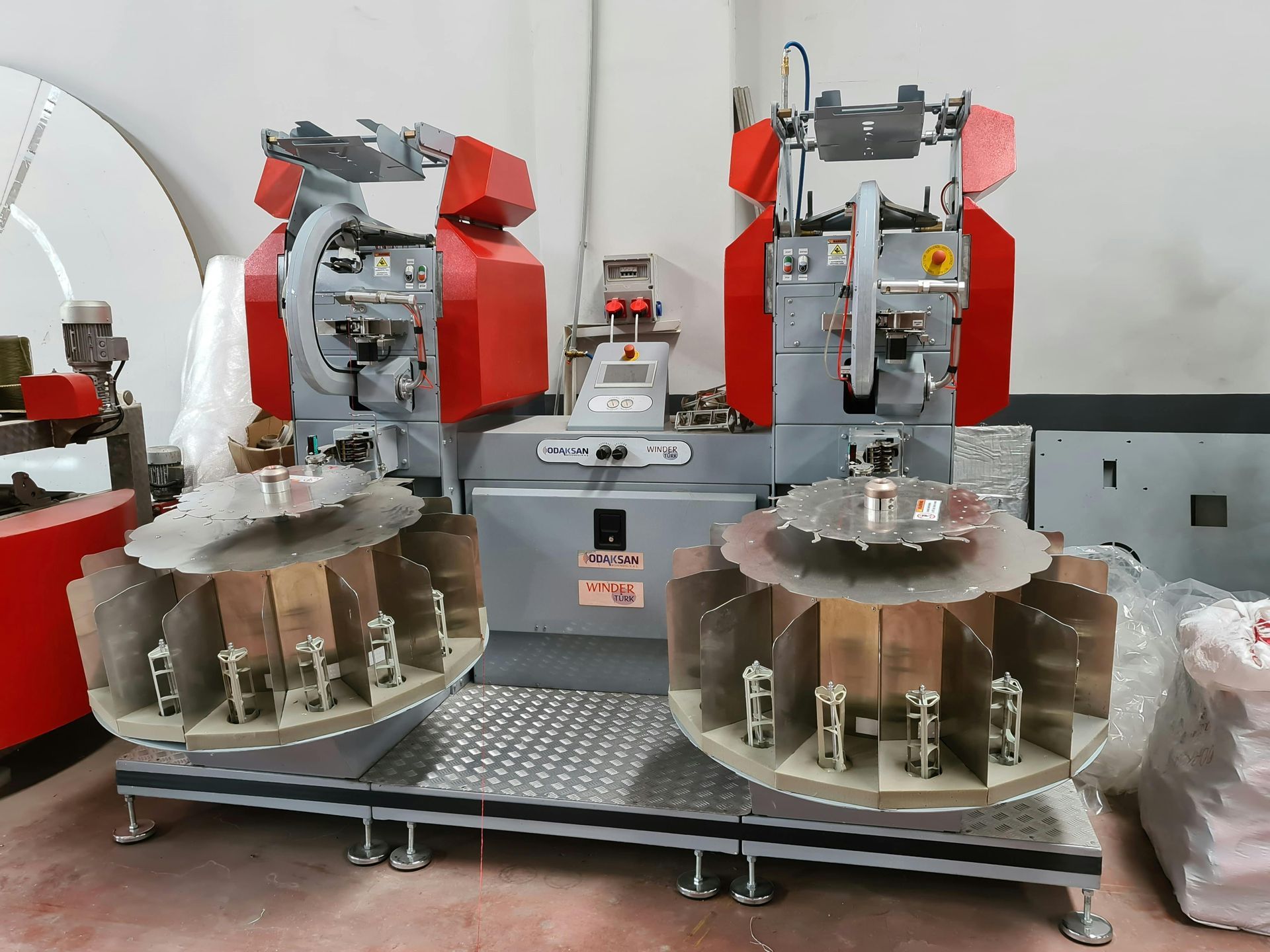The ATO’s final position on risky trust distributions
Clarke McEwan Accountants

The ATO’s final position on risky trust distributions
The ATO has released its final position on how it will apply some integrity rules dealing with trust distributions - changing the goal posts for trusts distributing to adult children, corporate beneficiaries, and entities with losses. As a result, many family groups will pay higher taxes because of the ATO’s more aggressive approach.
Section 100A
The tax legislation contains an integrity rule, section 100A, which is aimed at situations where income of a trust is appointed in favour of a beneficiary, but the economic benefit of the distribution is provided to another individual or entity. For section 100A to apply, there needs to be a 'reimbursement agreement’ in place at or before the time the income is appointed to the beneficiary. Distributions to minor beneficiaries and other beneficiaries who are under a legal disability are not impacted by these rules.
If trust distributions are caught by section 100A, this generally results in the trustee being taxed on the income at penalty rates rather than the beneficiary being taxed at their own marginal tax rates.
While section 100A has been around since 1979, until recently there has been relatively little guidance on how the ATO approaches section 100A. This is no longer the case and the ATO’s recent guidance indicates that a number of scenarios involving trust distributions could be at risk.
For section 100A to apply:
- The present entitlement (a person or an entity is or becomes entitled to income from the trust) must relate to a reimbursement agreement;
- The agreement must provide for a benefit to be provided to a person other than the beneficiary who is presently entitled to the trust income; and
- A purpose of one or more of the parties to the agreement must be that a person would be liable to pay less income tax for a year of income.
High risk areas
Until recently many people have relied on the exclusions to section 100A which prevent the rules applying when the distribution is to a beneficiary who is under a legal disability (e.g., a minor) or where the arrangement is part of an ordinary family or commercial dealing (the ‘ordinary dealing’ exception). It is the ordinary dealing exception that is currently in the spotlight.
For example, let’s assume that a university student who is over 18 and has no other sources of income is made presently entitled to $100,000 of trust income. The student agrees to pay the funds (less tax they need to pay to the ATO) to their parents to reimburse them for costs that were incurred when the student was a minor. This situation is likely to be considered high risk if the student is on a lower marginal tax rate than the parents because the parents are receiving the real benefit of the income.
The ATO is also concerned with scenarios involving circular distributions. For example, this could occur when a trust distributes income to a company that is owned by the trust. The company then pays dividends back to the trust, which distributes some or all of the dividends back to the company. And so on. The ATO views these arrangements as high risk from a section 100A perspective.
Where to from here?
If you have a discretionary trust, it will be important to ensure that all trust distribution arrangements are reviewed in light of the ATO’s guidance to determine the level of risk associated with the arrangements. It is also vital to ensure that appropriate documentation is in place to demonstrate how funds relating to trust distributions are being used or applied for the benefit of the beneficiaries.
The ATO’s new approach applies to entitlements before and after the publication of the new guidance but for entitlements arising before 1 July 2022, the ATO will not generally pursue these if they are either low risk under the new guidance, or if they comply with the ATO’s previous guidance on trust reimbursement agreements.







